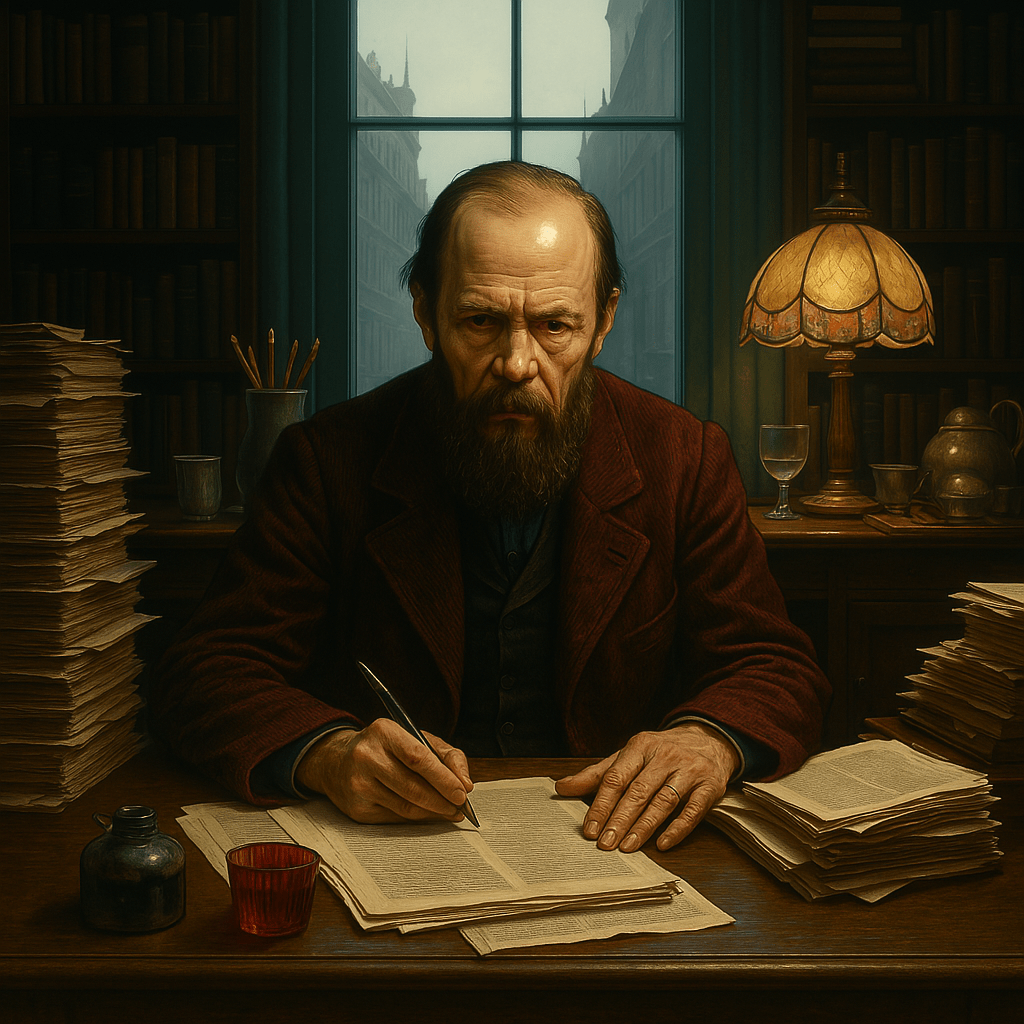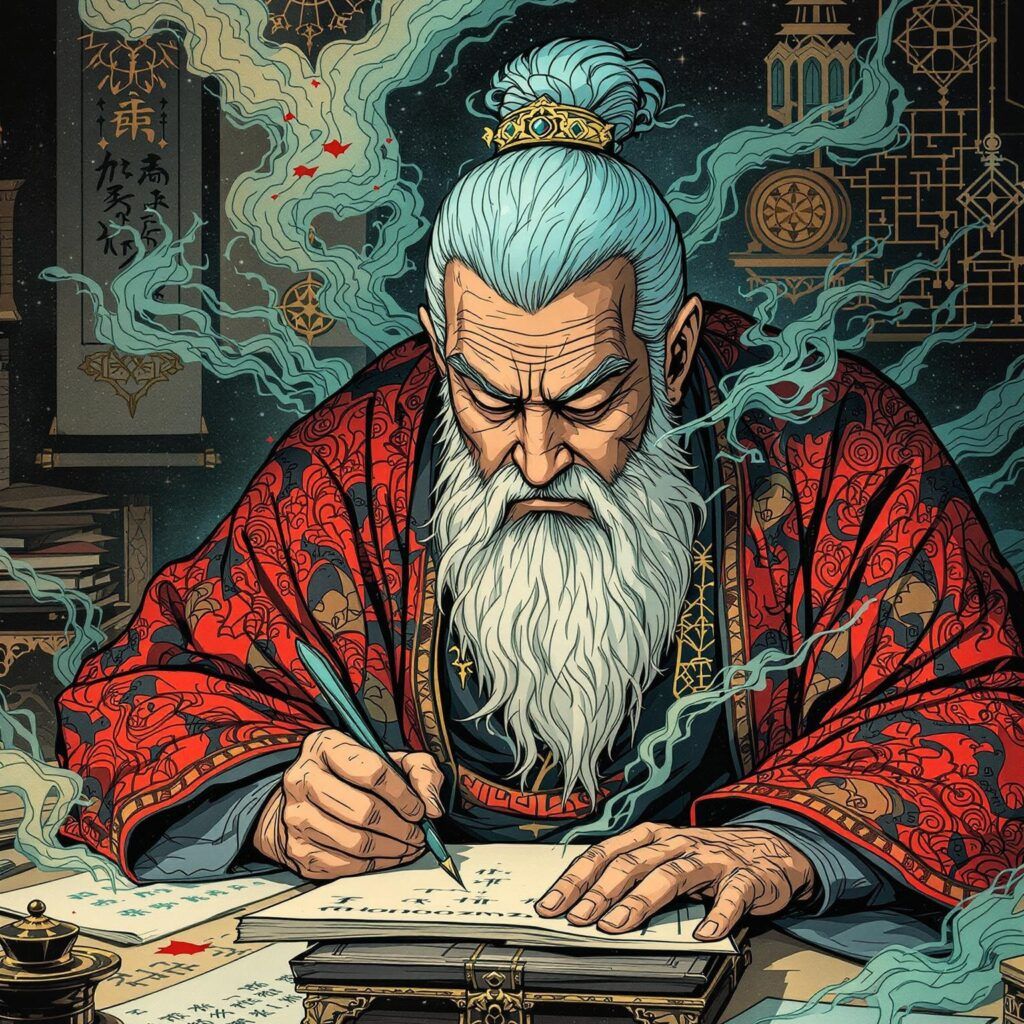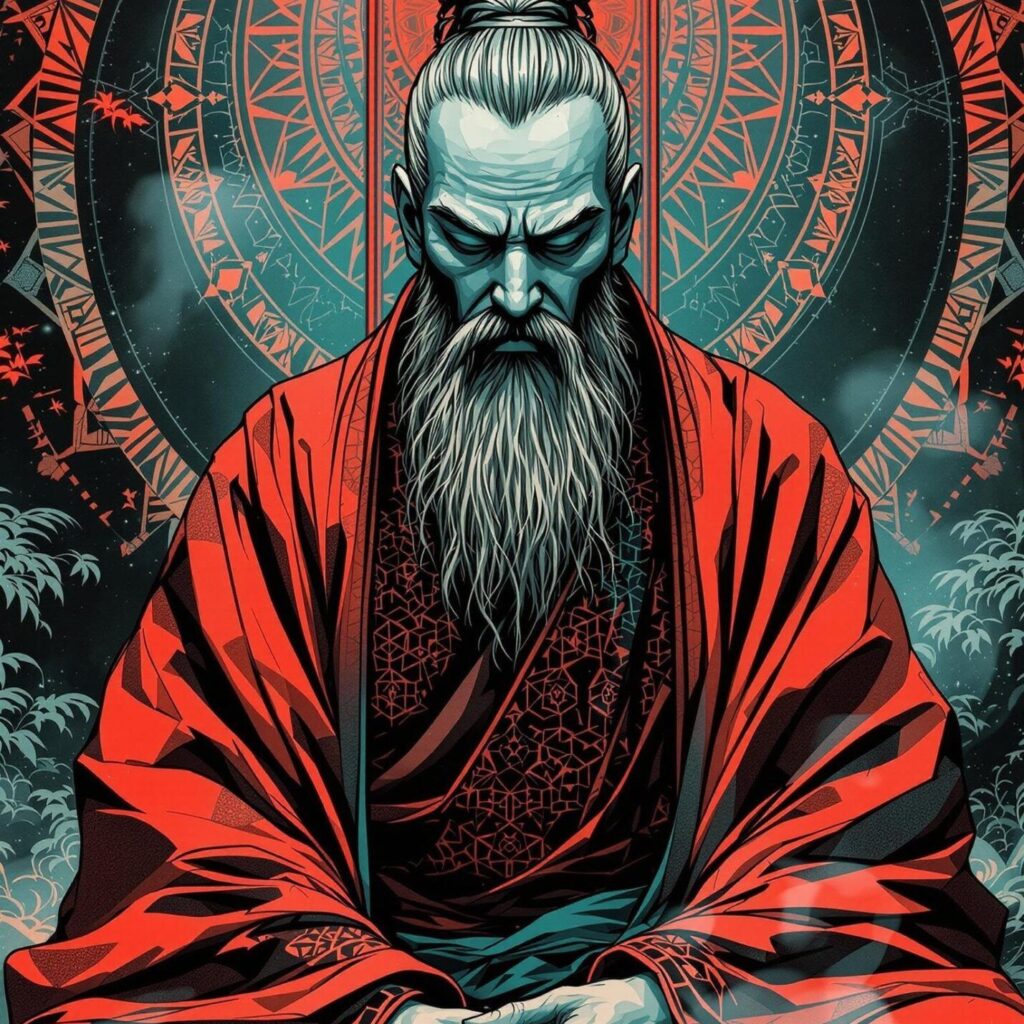
Unveiling the Depths of the Soul in a Fractured World
Delve into the tormented yet profound world of Fyodor Dostoevsky, the architect of the human psyche. Explore themes of guilt, redemption, and the search for meaning to ignite your own journey of radical self-discovery.



